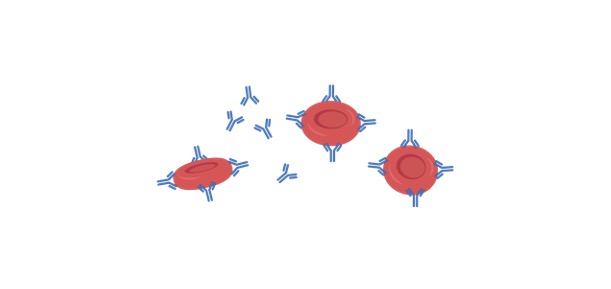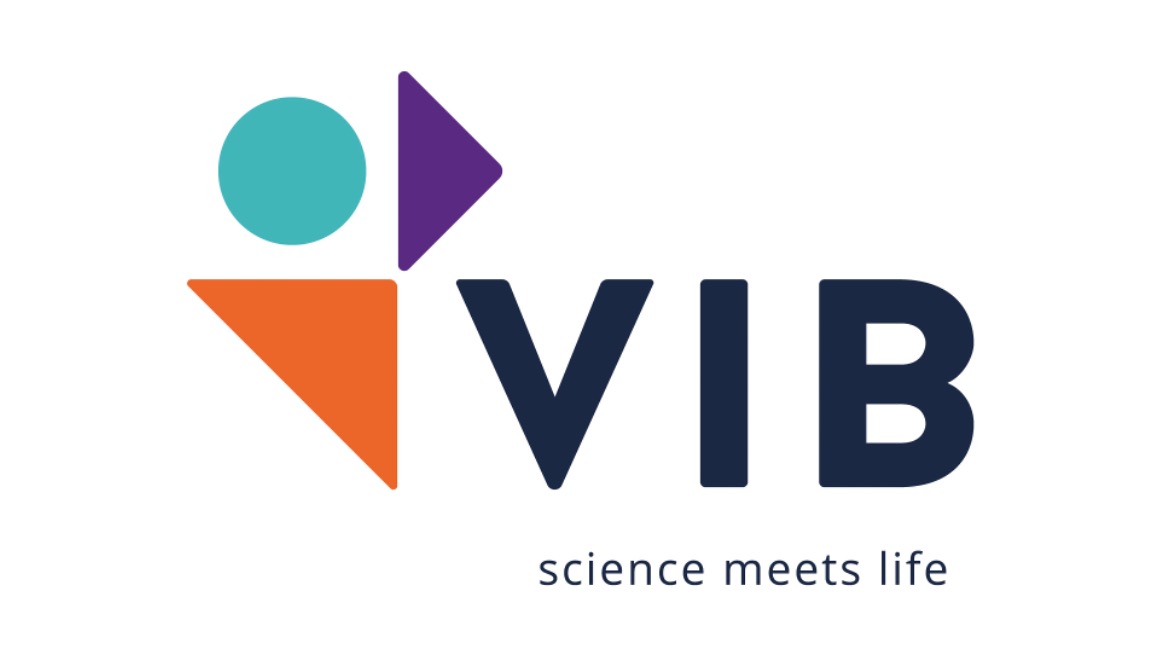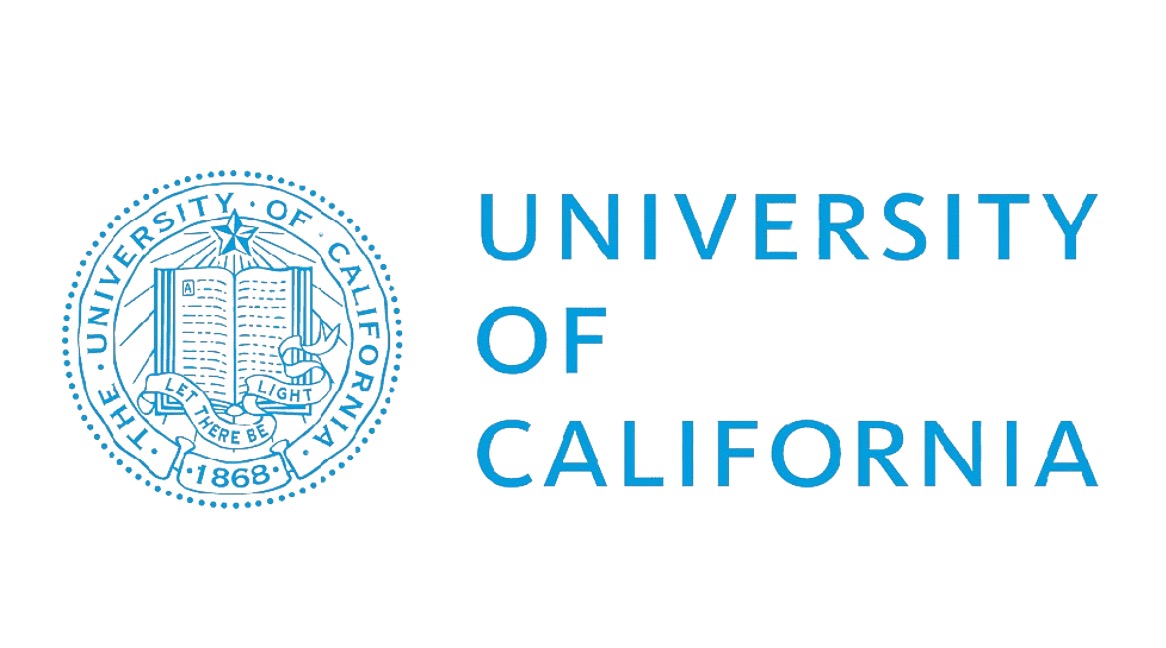Gluconeogenesis Definition
The metabolic process in which non-carbohydrate precursors are transformed into glucose. Glucose which is the most widely used aldohexose is required to carry vital biochemical functions in a body.
It serves as an energy source in aerobic and anaerobic respiration as well as fermentation. In the glycolysis process, glucose is oxidized to produce metabolic energy (e.g. ATP). Glucose provides the most energy required in the brain for psychological and mental processes.
Thus, it is essential to maintain an appropriate level of blood glucose. One of the ways glucose is synthesized in our body is via glycogenolysis. In this process, stored glycogen in the liver undergoes degradation to provide glucose.
Another way of synthesizing glucose is gluconeogenesis. It is a process wherein non-carbohydrate precursors such as pyruvate, lactate, and glucogenic amino acids are metabolized to synthesize glucose.
Since in glycolysis, glucose is converted to pyruvate and in gluconeogenesis, pyruvate is converted to glucose, gluconeogenesis is the reverse of glycolysis. Gluconeogenesis takes occurs in the liver cells of humans and other vertebrates. It occurs during fasting or intense exercise.
The process starts in the mitochondria and ends in the lumen region of the endoplasmic reticulum. Once glucose-6-phosphatase is hydrolyzed o form glucose by the enzyme glucose-6-phosphatase, it is then shuttled to cytoplasm from the endoplasmic reticulum.







